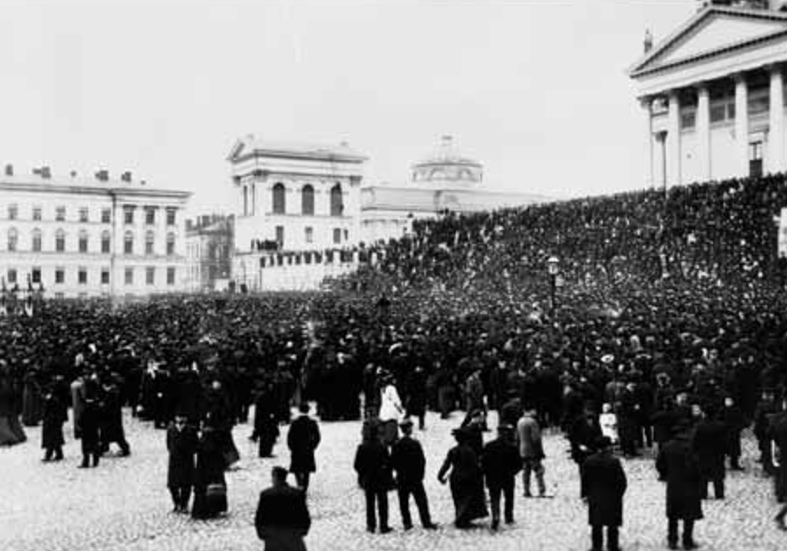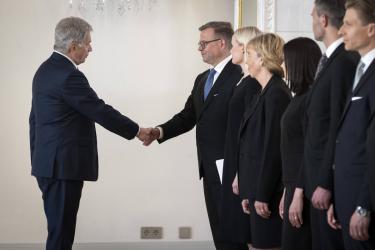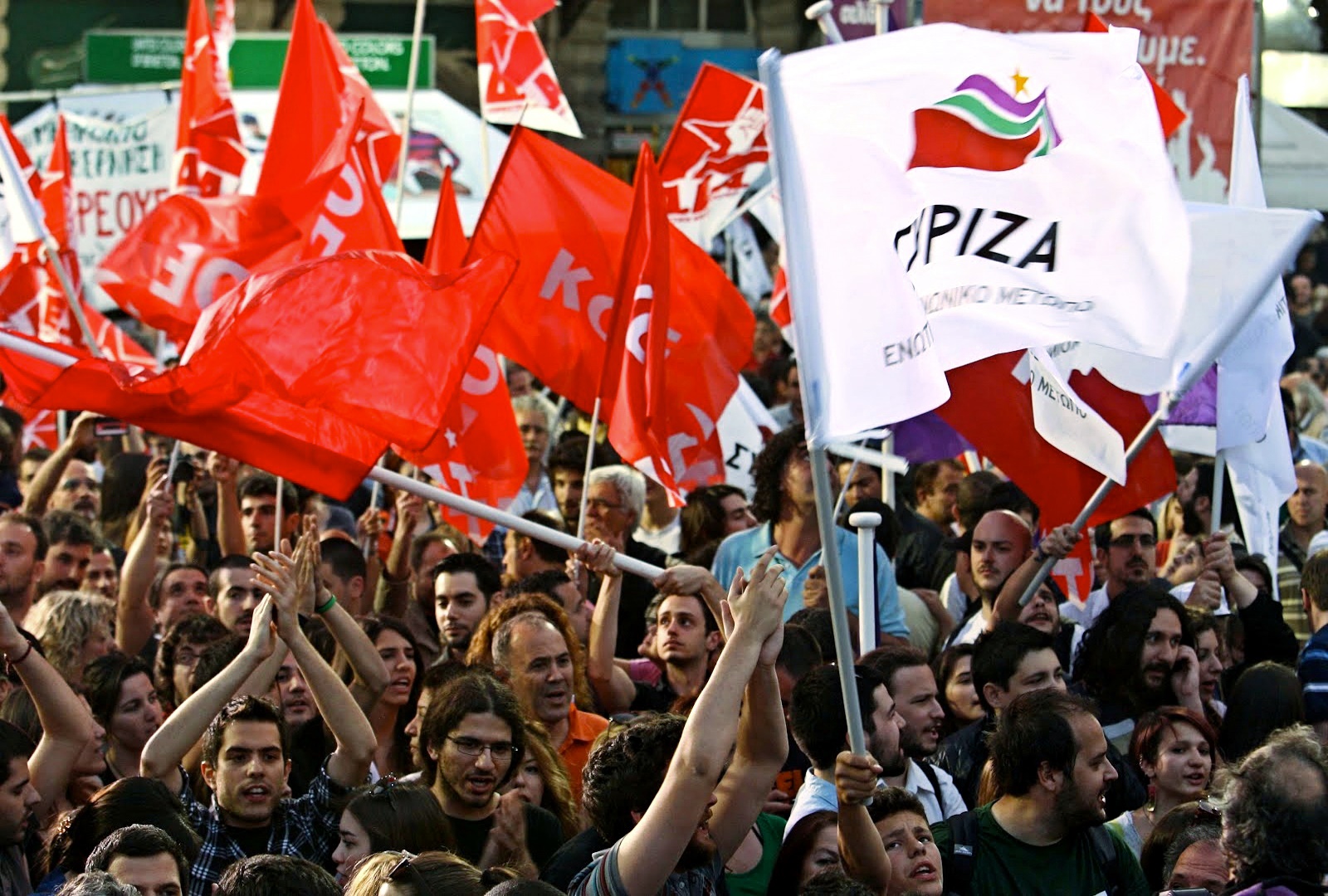Finland
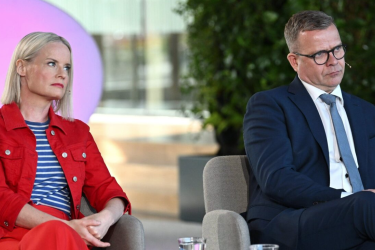
The collapse of Finnish right-wing populism?
Robert Stark — Historic elections have revealed deep public dissatisfaction with austerity, scandals, and a fading populist agenda.

More than just an electoral upwind? Nordic left-wing parties after the EU elections
Record results for (Centre-)Left parties in the Nordic countries, with far-right parties losing ground. Ada Regelmann gives a sober assessment of the European elections results in Denmark, Finland and Sweden.

Opposing Finland’s Thatcherist turn
Li Andersson, leader of the Finnish Vasemmistoliitto (Left Alliance), talks about her party’s priorities in this super election year.

Finland’s far right: Between scandal and mainstream
Tatu Ahponen — The Finnish government was sent into upheaval almost as soon as it was formed over revelations of racist statements by one of the coalition’s main parties – The Finns.
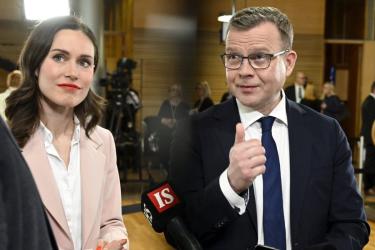
Finland comes back into the cold
Robert Stark — The parliamentary elections in Finland were expected to be decided by a razor thin margin, and the results did not disappoint.
Pinja Vuorinen interviewed by Duroyan F
Finland’s forgotten revolution
